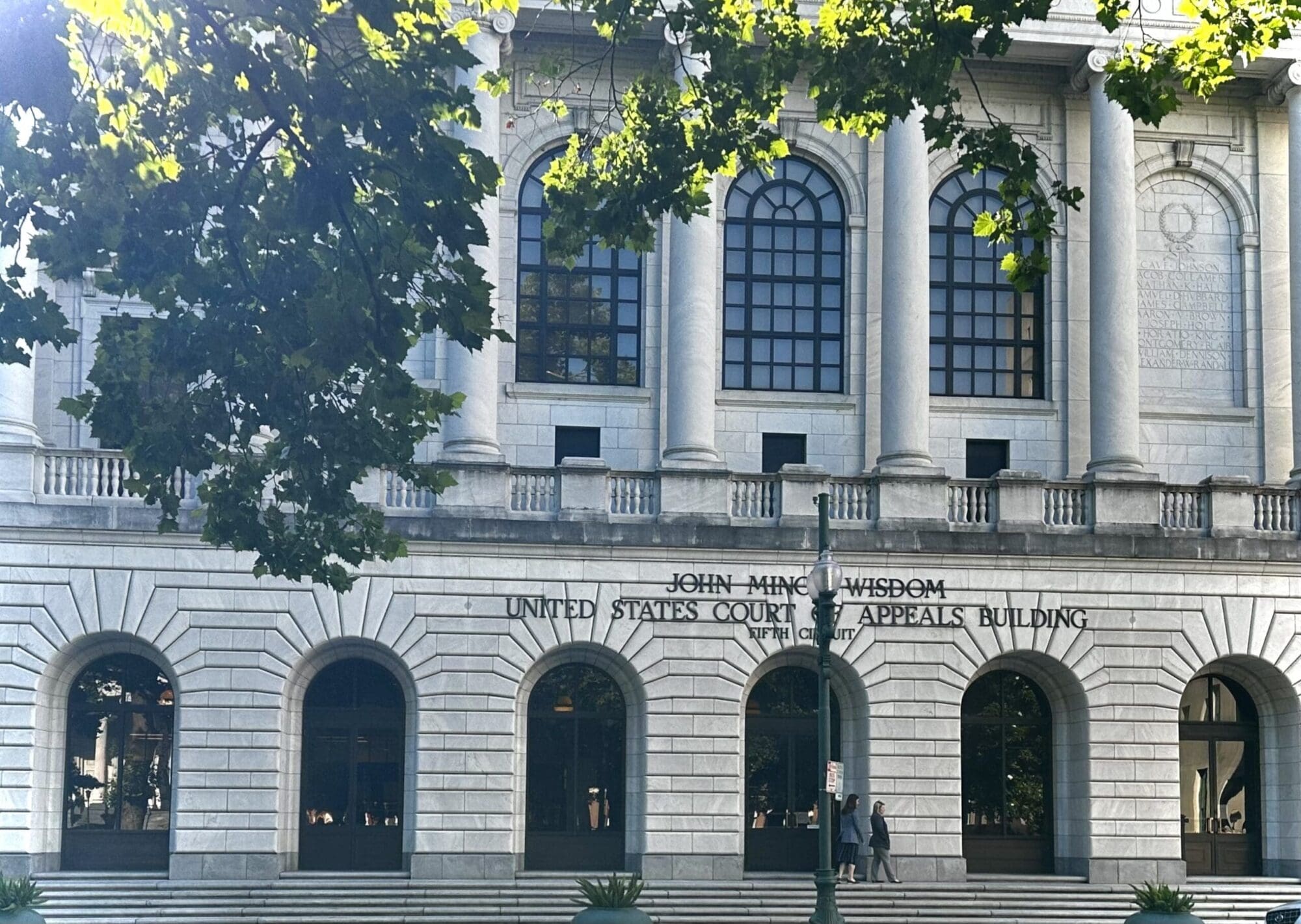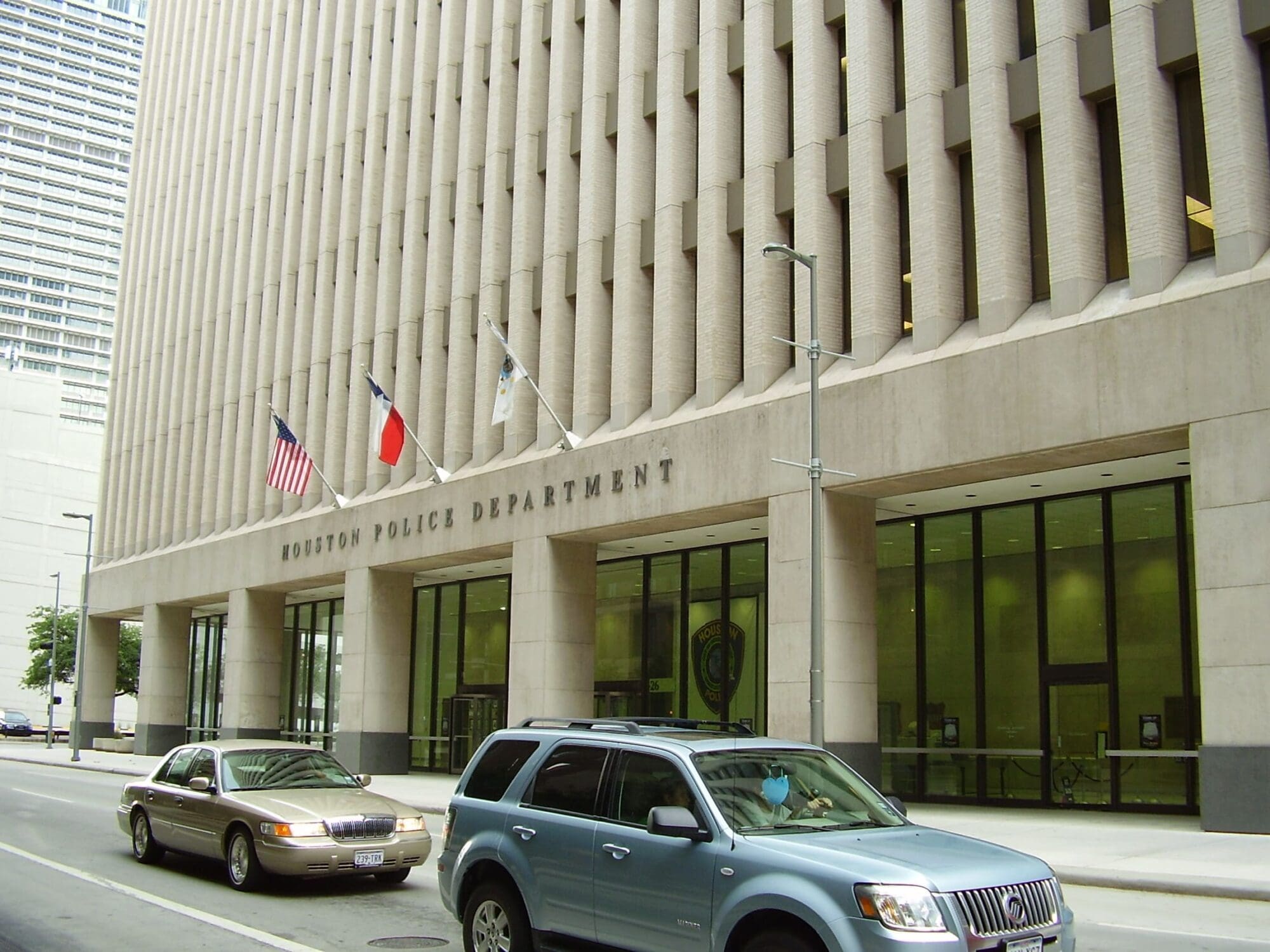Texas prosecutors maintained before a federal appeals court that the Biden-Harris administration has no right to continue accepting new applicants for an embattled amnesty plan.
During opening remarks on Thursday, Attorney General Ken Paxton’s office argued that the Deferred Action for Childhood Arrivals (DACA) program should be closed in its entirety.
DACA was unilaterally introduced by President Barack Obama via executive order in 2012. It sought to provide some benefits that American citizens enjoy—like work permits, driver’s licenses, and in some cases in-state tuition—for certain illegal aliens who have spent extended time in the U.S.
Judge Andrew S. Hanen of the federal District Court in Southern Texas had already issued rulings over three years, finding the executive branch overstepped its authority, ordering the program be shut down, and barring new applicants.
The Biden-Harris administration had attempted, roughly halfway through the legal battle, to formalize and expand DACA through federal regulations. However, those efforts were rejected by Hanen in 2023.
Hanen ultimately still allowed existing applicants to retain the program’s benefits ahead of the inevitable appeals process and even urged future courts to maintain the policy.
Now, before the Fifth Circuit Court of Appeals, the federal government and Texas are arguing once again about the future of the program.
Plaintiffs are hoping the ban is maintained and possibly even extended to include existing DACA recipients, while defendants contend their recent move to formalize DACA in the regulatory process ensures its legality.
One reason defendants believe they have a compelling argument is due to a separate U.S. Supreme Court ruling last year regarding administrative law and immigration enforcement.
In that ruling, judges decided 8-1 that the government did have the authority to issue guidelines shifting immigration enforcement toward only those that explicitly threaten national security, public safety, or border security.
Judge Jerry E. Smith—a member of the panel alongside Judges Stephen A. Higginson and Edith B. Clement—quickly warned defendants that referencing the separate 2023 ruling in the current case was a shaky strategy.
“We don’t budge on our past cases unless there’s been an unequivocal statement” by the U.S. Supreme Court, Smith told U.S. Department of Justice lawyer Brian Boynton. “I just don’t see how you’re getting very far with that argument.”
Paxton declared victory in a press release hours after the hearing concluded, noting that the court was more receptive to their opening remarks—delivered by attorney Joseph Mazzara—than the defendants’.
“Argument today concerns the Biden-Harris Administration’s decision to formalize DACA th[r]ough notice and comment rulemaking,” explained Paxton. “The court was receptive to our arguments that DACA continues to violate the rule of law and the separation of powers requirement enshrined by the United States Constitution.”
He added, “I have fought every step of the way to uphold the Constitution against illegal workarounds and look forward to defeating DACA—in its entirety—permanently.”
The court’s decision on DACA could decide the fate of over 530,000 illegal aliens that currently utilize the program. At its height, around 800,000 illegal aliens were in the program.
No ads. No paywalls. No government grants. No corporate masters.
Just real news for real Texans.
Support Texas Scorecard to keep it that way!





